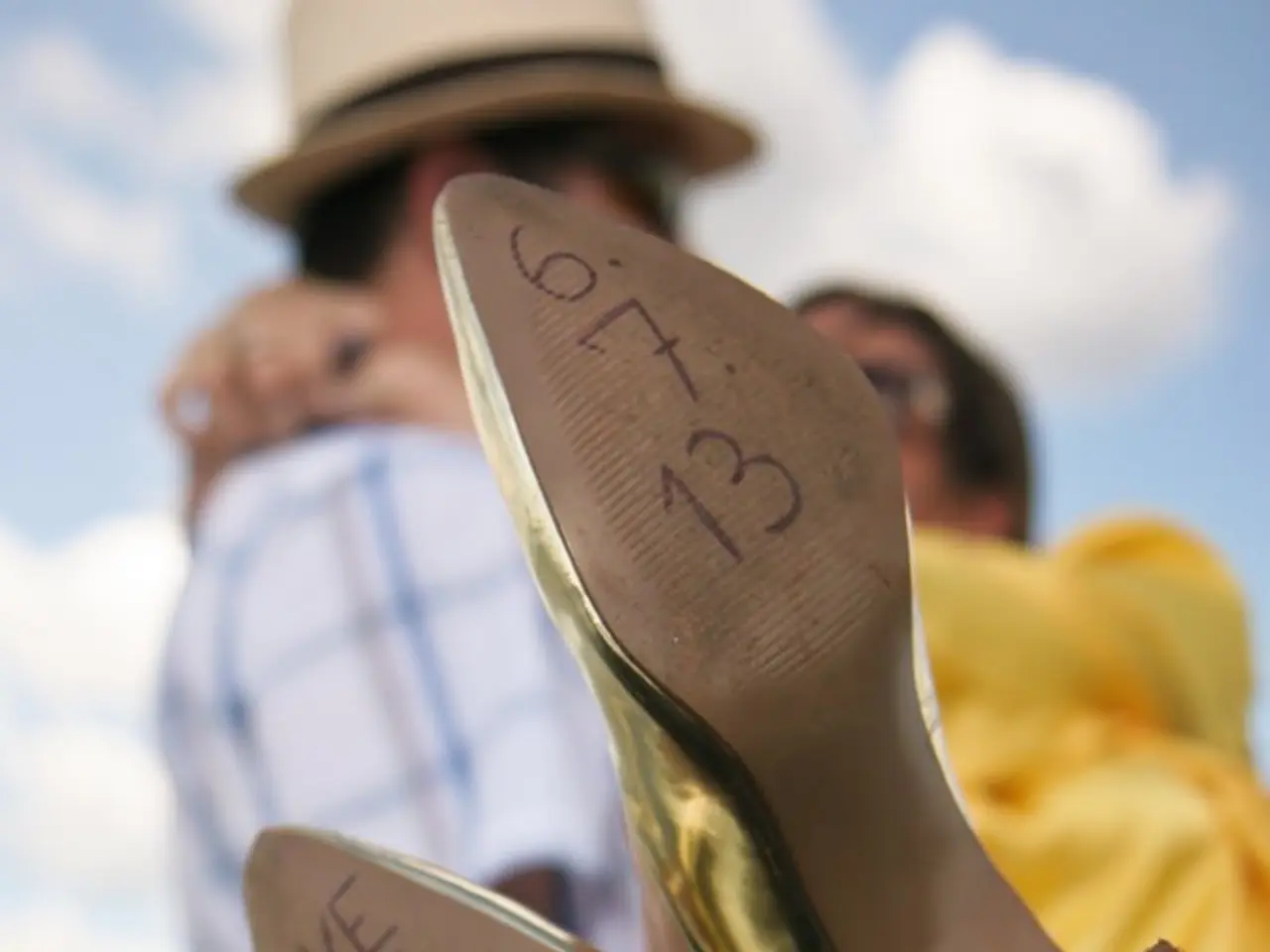TV Show Contestant Utters Offensive Slur, Unknown to Many as a Derogatory Term
The racial slur **"chink"**, an ethnic insult primarily directed at individuals of Chinese descent, has been a topic of ongoing debate due to its deep-rooted history in anti-Asian racism. Recently, the use of this slur by Cierra Ortega, a contestant on "Love Island USA", has sparked controversy and conversations about racial slurs and their impact.
### Historical Origins and Usage
The term "chink" originated during a period of intense anti-Chinese violence, particularly in the United States, connected to the Chinese Exclusion Act era and other discriminatory policies targeting Chinese immigrants. It was not a neutral or merely descriptive word but one laden with hostility and used to provoke and demean. For decades, the slur was used publicly and even institutionalized, as seen in the case of Pekin Community High School in Illinois whose teams were known as the "Pekin Chinks" until 1981.
### Cultural Significance
As a slur, it encapsulates the racial prejudice and violence aimed at Chinese and other Asian communities, reinforcing stereotypes and exclusion. It has been part of a lexicon that dehumanizes Asian people and justifies discriminatory treatment.
### Normalization and Ongoing Impact
The term’s inclusion in school team names, media, and casual speech illustrates a history of normalization through repeated, unchallenged use. This embedded usage makes it difficult to eradicate the term completely, perpetuating unconscious biases and microaggressions.
In recent years, especially with the rise of social media, there has been more vocal resistance to and education about the origins and harms of the slur. Content creators and activists have used platforms like TikTok and Instagram to explain the term’s racist roots and why it remains offensive. These efforts aim to challenge its normalization and promote cultural sensitivity.
### The Recent Case of Cierra Ortega
Ortega's use of the term "chink" in an Instagram story and a 2015 post has led to a public outcry. Her posts, which included references to Botox to "open up" her eyes and using the word "chinky", were seen as perpetuating harmful stereotypes. Following the controversy, Ortega left the show due to a "personal situation".
### The Role of Education and Awareness
Experts like Joey S. Kim, an assistant professor of English at the University of Toledo in Ohio, and Russell Jeung, a professor of Asian American studies at San Francisco State University, have emphasized the importance of education in unlearning racist language. Kim explained that these racial slurs keep circulating under the guise of aesthetic language, contributing to racial violence through dehumanization.
Jeung also mentioned that people may be more comfortable using racist language now that President Donald Trump has normalized mocking and deriding people of color and immigrants. Kim Horne, a Korean beauty influencer, expressed disappointment with people trying to justify the use of the racial slur against Asian people, suggesting that some may be doing so to seek assurance that it's okay.
### Moving Forward
As conversations about racial slurs and their impact continue, it is crucial to educate ourselves and one another about the history and harm these words cause. By challenging the normalization of such language, we can promote a more inclusive and sensitive society.
- The integration of social media platforms like TikTok and Instagram into modern culture has aided efforts to combat the normalization and spread of racial slurs, such as "chink", through educational content created by content creators and activists.
- Pop-culture and general news outlets should be held accountable for their role in perpetuating ethnic stereotypes and should strive to promote education-and-self-development in regard to racial slurs and their harmful effects, including the use of "chink".
- The entertainment industry, represented by figures like celebrities, has an influence on shaping popular culture and attitudes towards racial slurs, with their actions affecting broader perceptions, such as the recent controversy surrounding Cierra Ortega's use of "chink".
- crime-and-justice systems should consider addressing and penalizing the use of racial slurs, such as "chink", not only as a means of promoting social justice but also to send a message that such harmful language will not be tolerated and create a safer and more equitable society for all.




